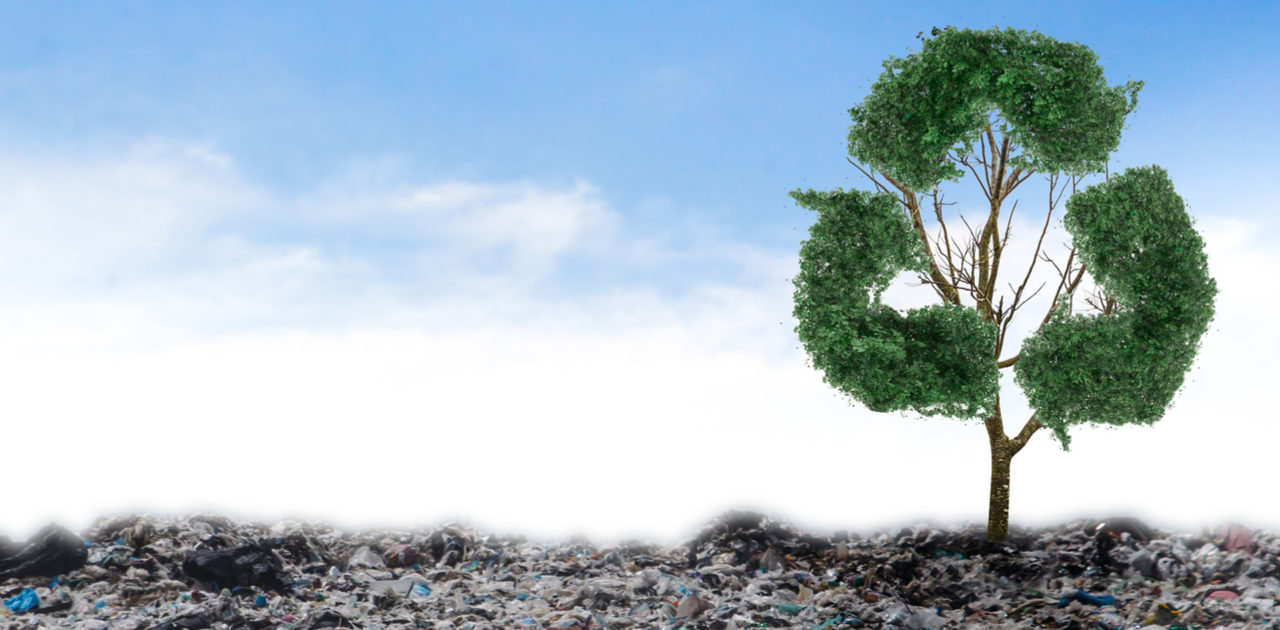
The Future of … Plastic Recycling
More and more companies and policymakers are beginning to ban the use of single-use plastic.
To view the full article please register below:
The Future of … Plastic Recycling
Drowning in Plastic
Consider these startling and disturbing facts about plastic waste and plastic recycling:1
- Since the 1950s, the cumulative amount of plastic waste not burned or recycled amounts to nearly five billion tons.
- Ten million tons of new plastic waste are produced each year.
- Most of it ends up in the world’s oceans, with just 10 rivers discharging 90 percent of all plastic marine garbage—two in Africa and eight in Asia (The Yangtze in China alone sends 1.5 million tons a year into the ocean.)
- On current trends, there will be more plastic than fish, by weight, in the world’s seas by 2050.
Plastic waste creates an environmental hazard for fish, corals and other marine life. And, it may prove harmful to humans as this plastic breaks down into microscopic particles and is digested by the fish we catch for dinner.
Finding Solutions
The idea of using plastic shopping bags or straws whose single-use life may not even approach 30 minutes—but which can persist in the environment for some 500 years—seems particularly irresponsible, perhaps even reckless. That’s why more and more companies and policymakers are beginning to ban the use of single-use plastic.
Potential solutions to this building plastic waste crisis are emerging from several sources, including:
- The Scientific Community—There are limits to recycling (economic and technological), but scientists are discovering new avenues to break down the chemical bonds to speed up the decomposition using bacterial enzymes.
- Non-Governmental Organizations (NGOs)—NGOs have sprung up to fight plastic waste pollution, undertaking efforts to educate, promote policy solutions, and retrieve and recycle the plastic currently floating atop the world’s oceans.
- Private Enterprise—Businesses understand that recycling and reducing plastic use has favorable economic advantages, promotes positive branding and creates new business opportunities. That’s why companies are looking to ban or reduce the use of plastic, with some such as Coca-Cola and Walmart committing to 100 percent reusable, recyclable or compostable packaging by 2025.
- Governments—Governments at every level are taking policy initiatives to reduce plastic use and promote its recycling. Though a ban on plastic straws by Seattle and California are modestly helpful, true progress will only be made when the major offending countries change policies and practices. To that end, Indonesia recently launched a national action plan to combat marine plastic.
While marine plastic does not necessarily represent the most immediate environmental problem facing us today, it is a ticking time bomb that endangers the 200 billion pound annual fish harvest that supplies 16 percent of the world’s protein.2
Sources:
- https://www.economist.com/international/2018/03/03/the-known-unknowns-of-plastic-pollution
- http://marinebio.org/oceans/ocean-resources/
See referenced disclosure (2) at https://blog-dev.americanportfolios.com/disclosures/












